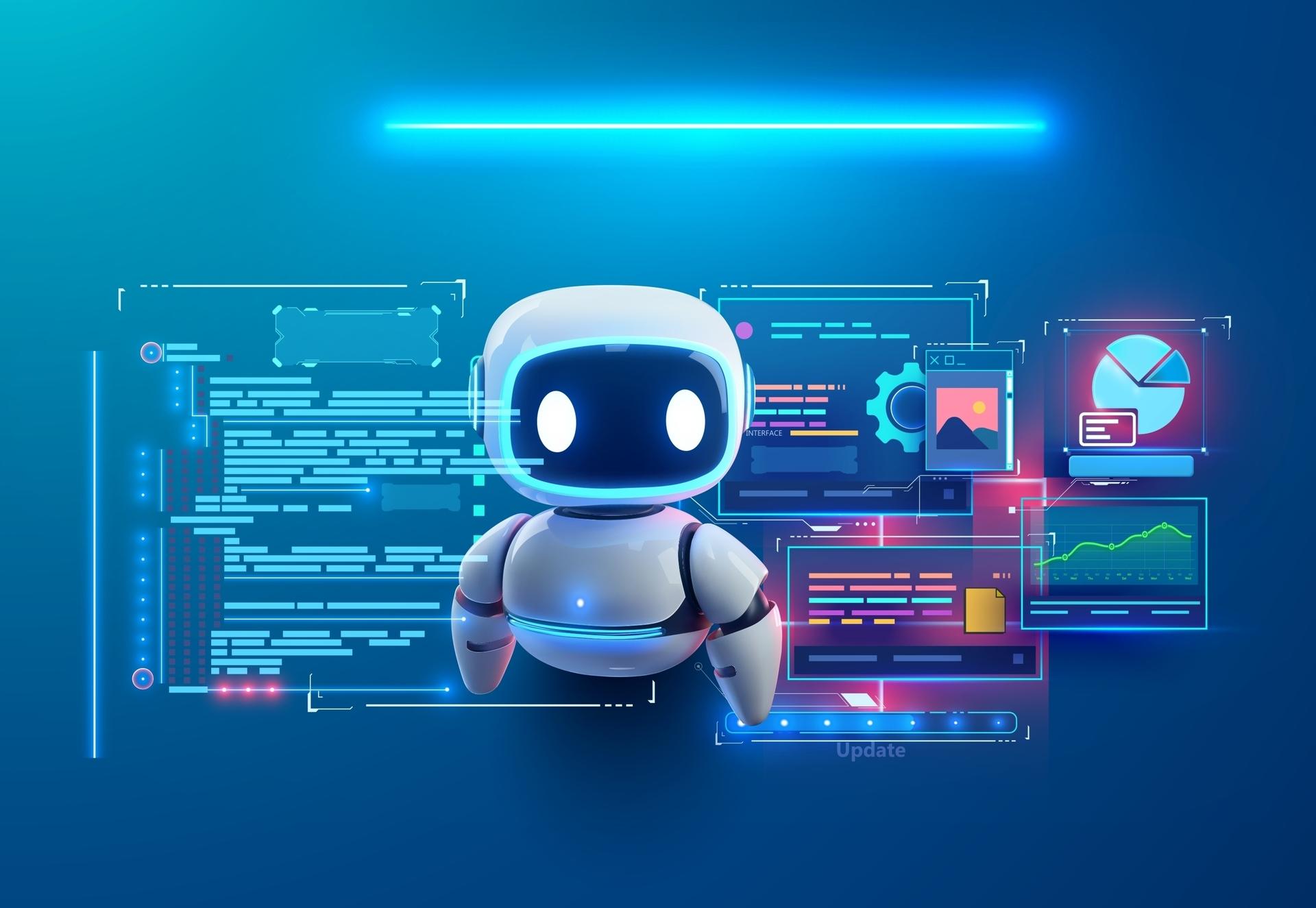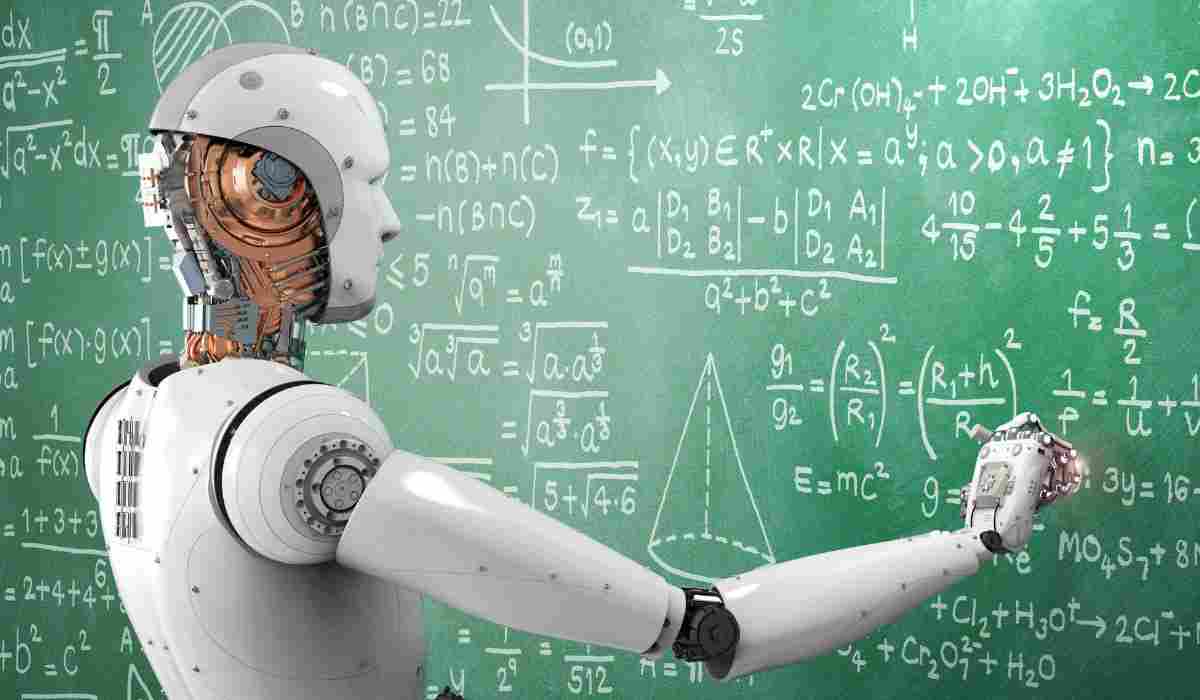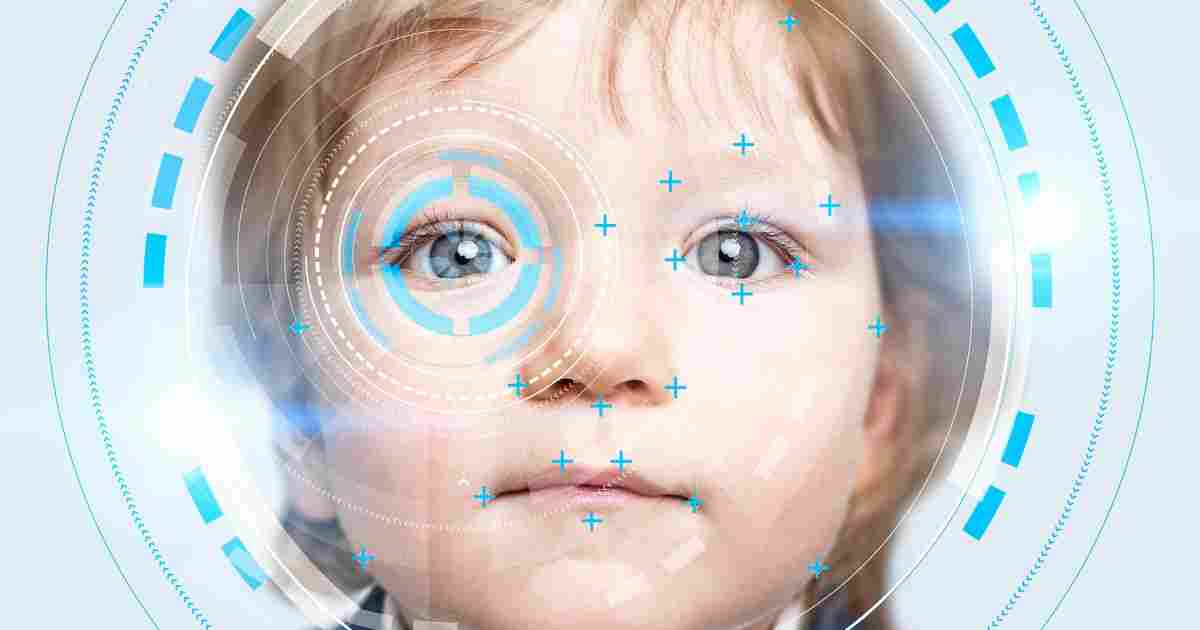
Beirut, Lebanon (Enmaeya News) — Artificial Intelligence (AI) is transforming education worldwide by improving accessibility, personalization, and efficiency. A more advanced form, Agentic AI, goes further by enabling autonomous AI agents that actively support students and teachers.
Understanding AI in Education
AI integrates technologies like machine learning, natural language processing, and predictive analytics into classrooms to enhance teaching and learning. It helps analyze student data, customize content, automate grading, and offer adaptive feedback. Examples include grammar-checking tools, plagiarism detectors, and AI tutors available around the clock.
What is Agentic AI?
Agentic AI refers to systems that can make decisions, learn independently, and act without constant human oversight. These AI agents can reason, improve through experience, understand complex instructions, and optimize workflows.
Key features in education include self-directed AI tutors that create personalized learning paths, AI-driven curriculum development incorporating current research, autonomous interventions when students struggle, emotional intelligence to adjust teaching based on student feelings.
Global Impact
AI enhances access through language translation, assistive tech for disabilities, and virtual classrooms reaching remote areas. It personalizes learning by adapting lessons to individual needs and monitors engagement to improve teaching strategies. Teachers benefit from automated grading and analytics to identify at-risk students. AI also supports career counseling by matching students to suitable paths.
Stakeholder Benefits
Educators save time on routine tasks and gain AI co-teachers to assist in real-time. Students receive tailored learning that adapts dynamically. Policymakers use AI insights to improve education policies, while parents track progress via AI platforms. Edtech companies are developing fully autonomous learning systems driven by Agentic AI.
Current Trends
Virtual tutors like Google’s Socratic and IBM Watson provide 24/7 help. Agentic AI designs lessons and predicts performance with minimal human input. Sentiment analysis tools gauge student emotions to guide teaching. AI also powers content creation, virtual reality learning, and career development. Ethical concerns are addressed by ensuring fairness and collaboration between humans and AI.
Challenges
Data privacy and security remain critical, with strict regulations needed. AI bias can reinforce inequalities, requiring ongoing monitoring. The digital divide limits AI access in some regions. There is also concern about over-reliance on AI reducing human interaction in education.
Looking Ahead
AI’s future in education promises highly personalized learning, evolving AI tutors, and streamlined administration. UNESCO reports AI can boost student engagement by up to 30%. Success depends on ethical AI use, human-AI collaboration, and broad access to technology.
In conclusion, AI and Agentic AI are reshaping education by supporting teachers and tailoring learning. Proper regulation, transparency, and AI literacy will be essential to ensure these technologies benefit all students without replacing human educators.







